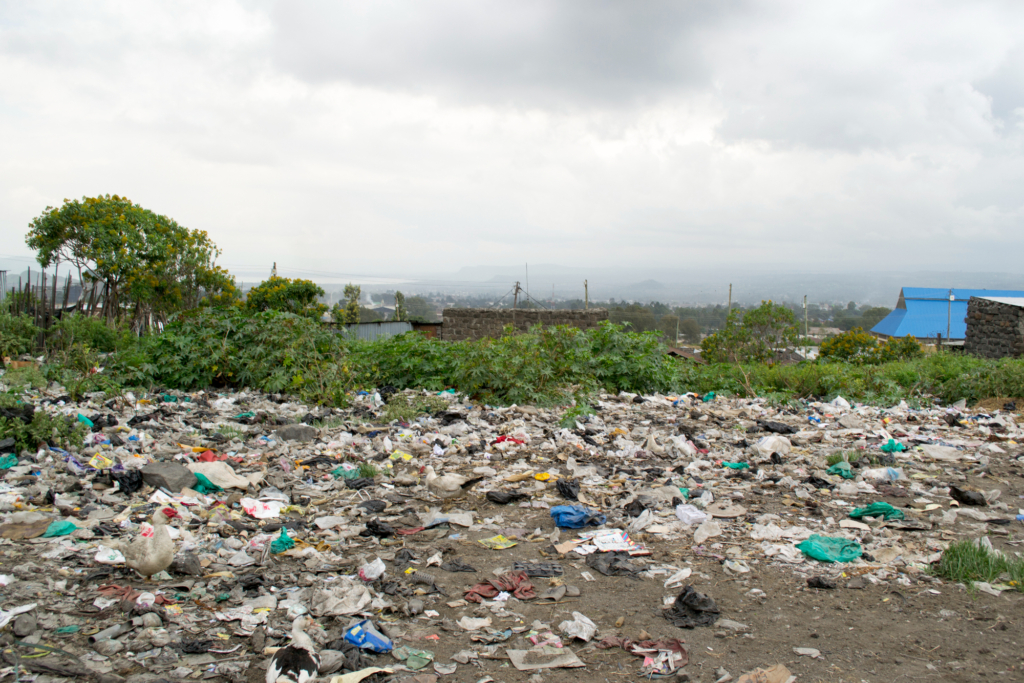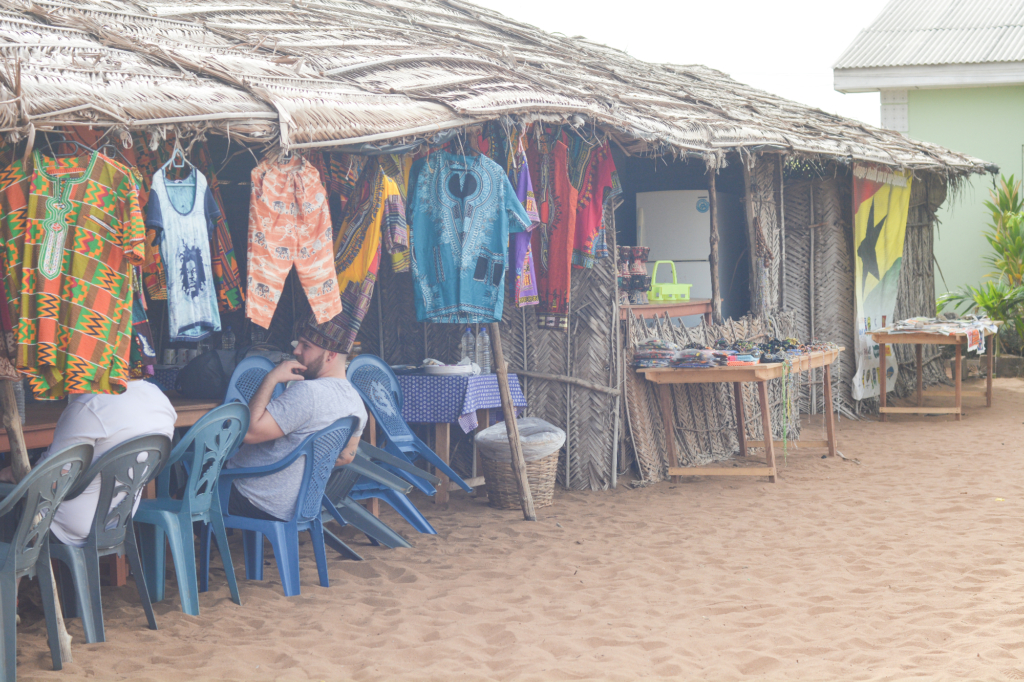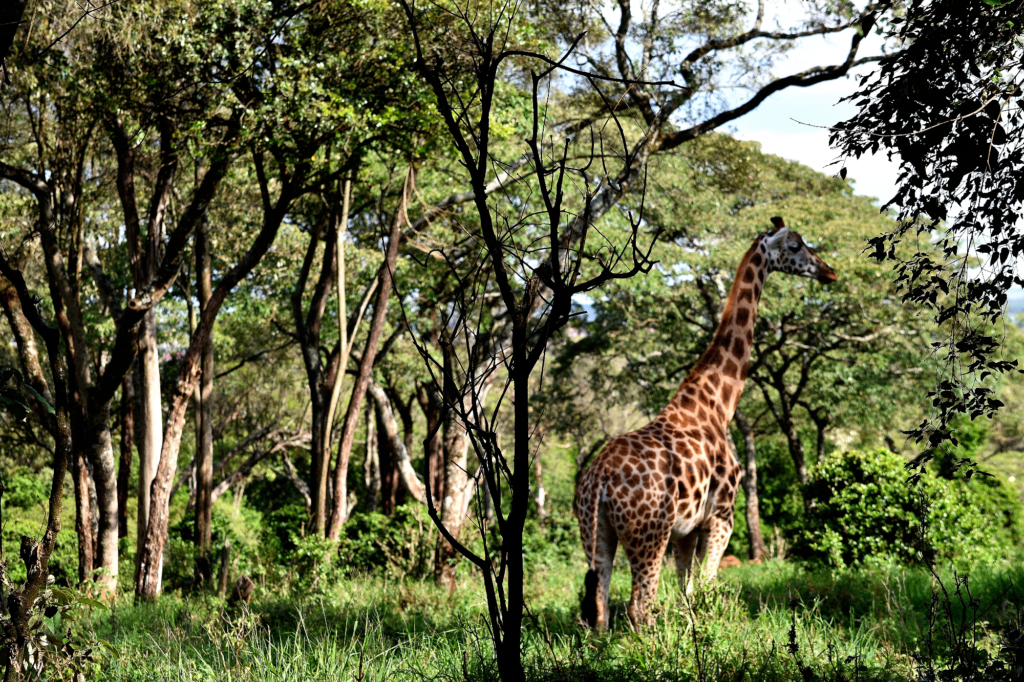 We all want to be more green, but how can you convert your eco-friendly intentions into real, impactful actions that ensure you’re mitigating your environmental impact whilst travelling abroad?
We all want to be more green, but how can you convert your eco-friendly intentions into real, impactful actions that ensure you’re mitigating your environmental impact whilst travelling abroad?
Luckily, we’re here to help! Read on for 10 easy tips that will help ensure your next trip is as eco-friendly as possible…
Offset your flight emissions
If you’re planning on taking a flight to your next destination, you can easily offset the carbon emissions generated by your trip with just a few clicks.
Let’s back up for a second – what exactly is carbon offsetting? Well, put simply, carbon offsetting involves calculating how much carbon dioxide your flights generate, and then donating to projects which are working to reduce carbon emissions to offset your own emissions.
Carbon offsetting projects can include tree planting initiatives, or supplying energy-efficient cookstoves to communities in developing countries – much like African Adventures is doing with our Gyapa stoves initiative in Ghana.
There are loads of websites which you can use to calculate your carbon emissions and donate to carbon-reduction projects, such as carbonfootprint.com, myclimate.org and the United Nations’ International Civil Aviation Organisation.
Take your rubbish home with you
In the UK, we are able to recycle a large proportion of our household waste. However, depending on where you’re travelling to, your destination might not have the capacity or resources necessary to recycle items such as plastic bottles, glass or aluminium.
When our volunteers travel to our host destinations of Ghana, Kenya and Zanzibar, we recommend that they take as much of their rubbish home as possible, such as empty shampoo, water or sunscreen bottles. Once they arrive home, these items can then be safely recycled, and this avoids them ending up in landfill sites in countries that are unable to safely dispose of them.

Use a reusable water bottle
On that note, we recommend reducing your use of single-use plastic water bottles as much as possible. The reason for this is simple – did you know that one plastic bottle takes 450 years to decompose? This means that all the plastic that has ever been produced and has ended up in the environment is still present there in one form or another.
If the tap water in your destination is safe to drink, take a reusable aluminium water bottle with you to avoid having to purchase plastic bottles.
If the tap water is not safe to drink, don’t worry – you can still avoid having to purchase single-use plastic bottles by investing in a water bottle with a built-in filter. Just make sure you do your research to ensure the filter is adequately tested and safe to use. Companies such as LifeStraw offer a variety of options, including this bottle which protects against 99.999999% of bacteria. Plus, for every purchase made, they provide a year’s supply of safe water for a child.
Support local economies
By eating and drinking locally, you’ll not only be cutting down on the carbon emissions generated by transporting food and drink long distances, but you’ll also be able to explore and enjoy the authentic cuisine of your destination. Be adventurous with your meals – it’s eco-friendly!
Similarly, we recommend visiting the local market for your souvenirs. Not only will you find some amazing, unique, handcrafted mementos of your trip here, but you’ll be putting your money directly into the local economy, helping to make tourism in your destination more sustainable.
At African Adventures, we’re proud to support local economies during our trips. We exclusively use locally owned accommodation and transport, source food locally and hire local staff to run our programmes. You can find out more about our approach on our website.

Limit your water usage
This one is simple – limit your water usage as much as possible. Whether it’s taking shorter showers, turning off the tap while you brush your teeth, or reusing your hotel towels for more than one day, we can all do something to reduce our water usage.
A study by TUI found that every 10kg towel wash consumes at least 50 litres of water and results in harmful pollutants from detergents ending up in our oceans. Plus, you wouldn’t wash your towel every day at home, so why not reuse your hotel towel more than once!?
Take reusable bags for shopping
When visiting those local markets for your unique souvenirs, make sure you have a reusable cotton bag with you to carry all your purchases.
WWF has found that plastic bags take 20 years to decompose, and many countries around the world have already taken steps to tax or even ban their use outright. Did you know, for example, that our host destinations of Zanzibar and Kenya have banned plastic bags?
In fact, Kenya has banned the manufacture, sale and distribution of plastic bags completely, and anyone found to be manufacturing, importing or selling plastic bags in Kenya can be punished with a fine of up to £32,000 or a prison sentence of up to four years, and using a plastic bag can result in a prison sentence of up to a year!
Avoid unethical animal encounters
If you’re planning to incorporate an animal encounter into your trip, be mindful of which attractions you visit. Some animal centres can use cruel methods to tame and train wild animals, but if you do your research you can enjoy an ethical animal encounter that doesn’t contribute to animal captivity or jeopardise animal welfare.
At African Adventures, we work with responsible tour operators who understand the importance of protecting Africa’s spectacular wildlife. From safari drives in Kenya, to snorkelling tours in Zanzibar, we offer a range of adventure activities that allow you to experience our host destinations’ incredible wildlife in a way that’s sustainable, ethical and respectful. We support a number of animal sanctuaries through our volunteer programmes, including the Sheldrick Wildlife Trust’s elephant orphanage in Kenya, a protected monkey sanctuary in Ghana, and The Giraffe Centre near Nairobi.
Find out more about how to plan an ethical animal encounter here.

Use eco-friendly sunscreen
Let’s face it, we don’t get much sun in the UK, so when we travel to a warmer destination we all reach for the sunscreen! However, have you ever stopped to think about what’s in it?
Some creams contain harmful chemicals such as oxybenzone, avobenzone, octisalate, octocrylene, homosalate, and octinoxate which can be damaging to aquatic life if they end up in the ocean. In fact, destinations such as Thailand, Hawaii and the Pacific island nation of Palau have already banned sunscreens containing harmful chemicals in a bid to protect their diverse marine wildlife.
Thankfully, there are a variety of more eco-friendly alternatives out there, including Tropic, Pai and Ren. Check out this article for more eco-friendly sunscreens!
Pack light
It sounds so simple, but packing as light as possible can have a big impact. Reducing your baggage weight by just a few kilograms can reduce the amount of fuel needed for your flight, which in turn reduces the carbon emissions put into the atmosphere.
Think of the difference we could make if we all committed to packing as light as possible!
Leave no trace
Finally, our last tip is one you’ve probably heard before – ‘leave only footprints, take only photos’. Whilst this refers to taking all your rubbish home and not damaging the natural environment of your destination, why not take it one step further and try and leave your destination even better than how you found it? If we all picked up a few pieces of rubbish from the ground and disposed of them safely, we could make a big difference. Give it a go on your next trip!
At African Adventures, we pride ourselves on arranging sustainable volunteering experiences. To find out more about arranging a trip, click here.



